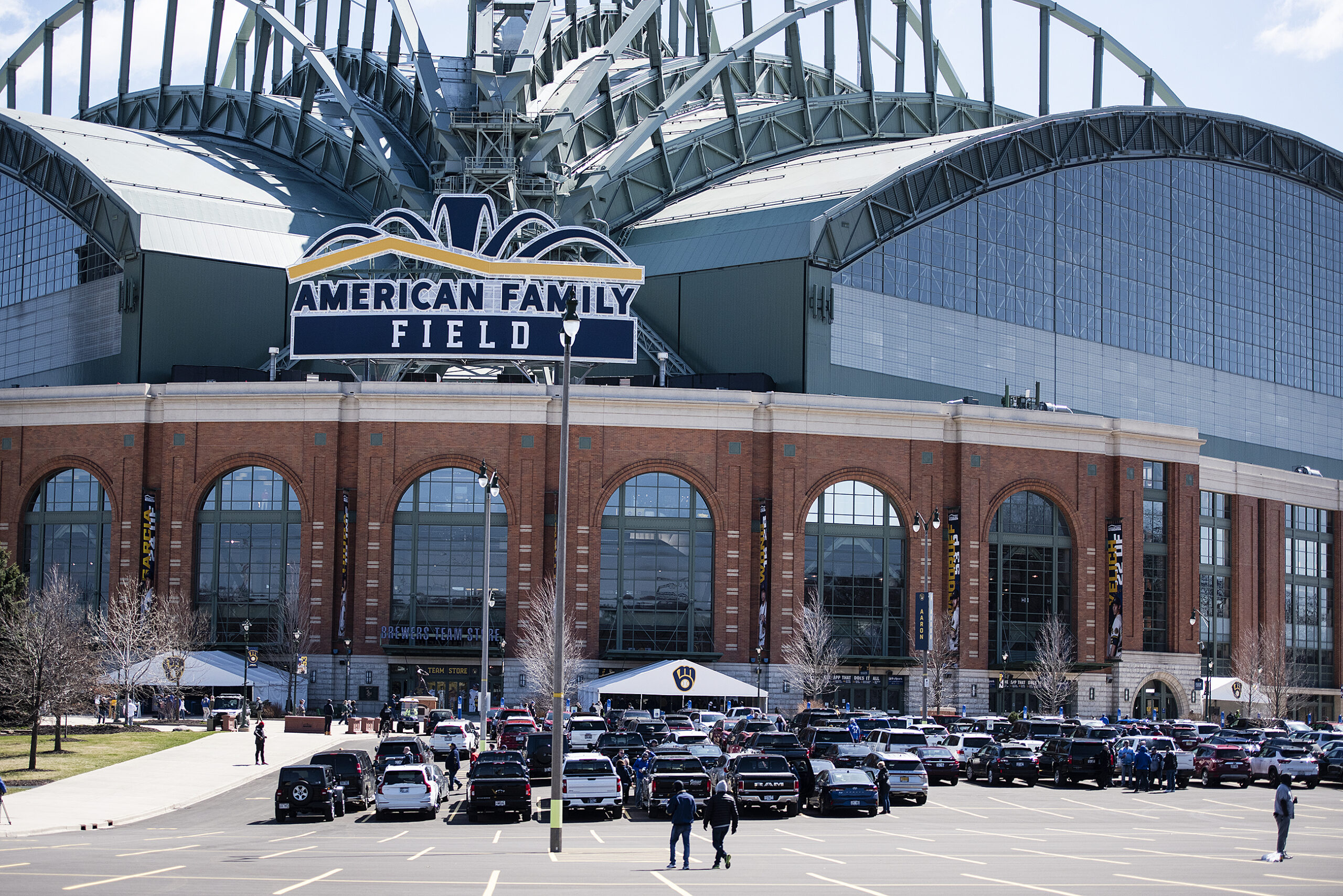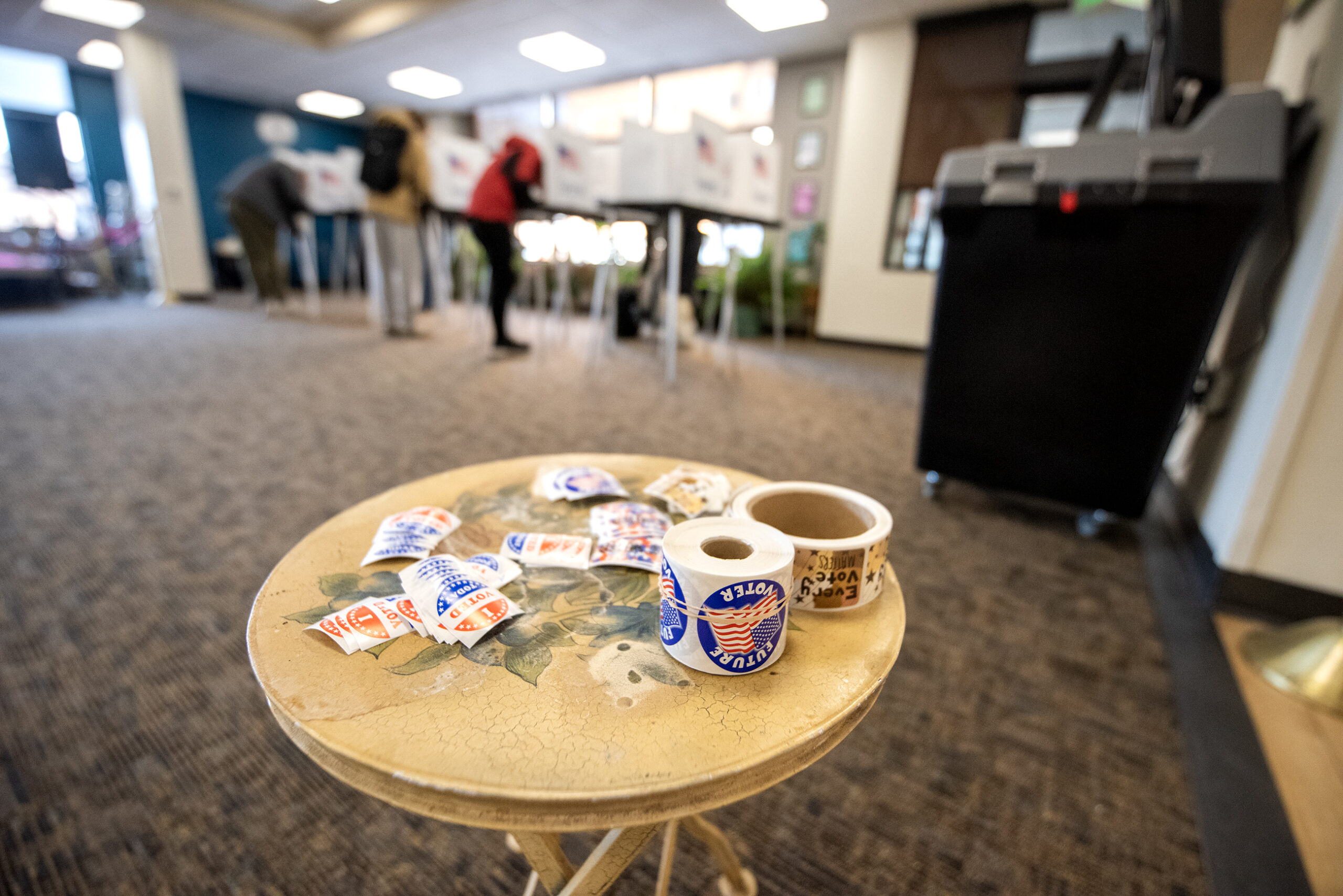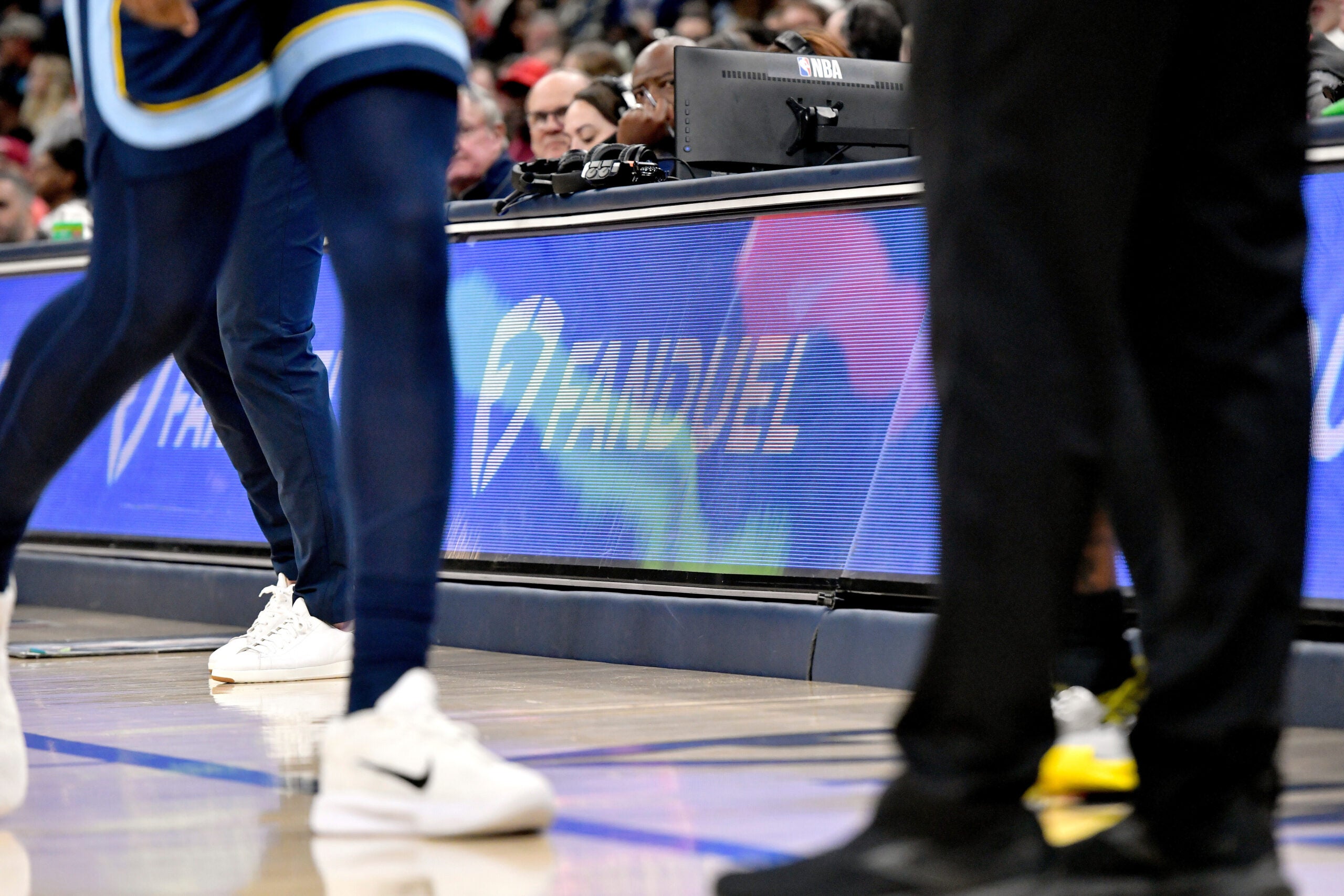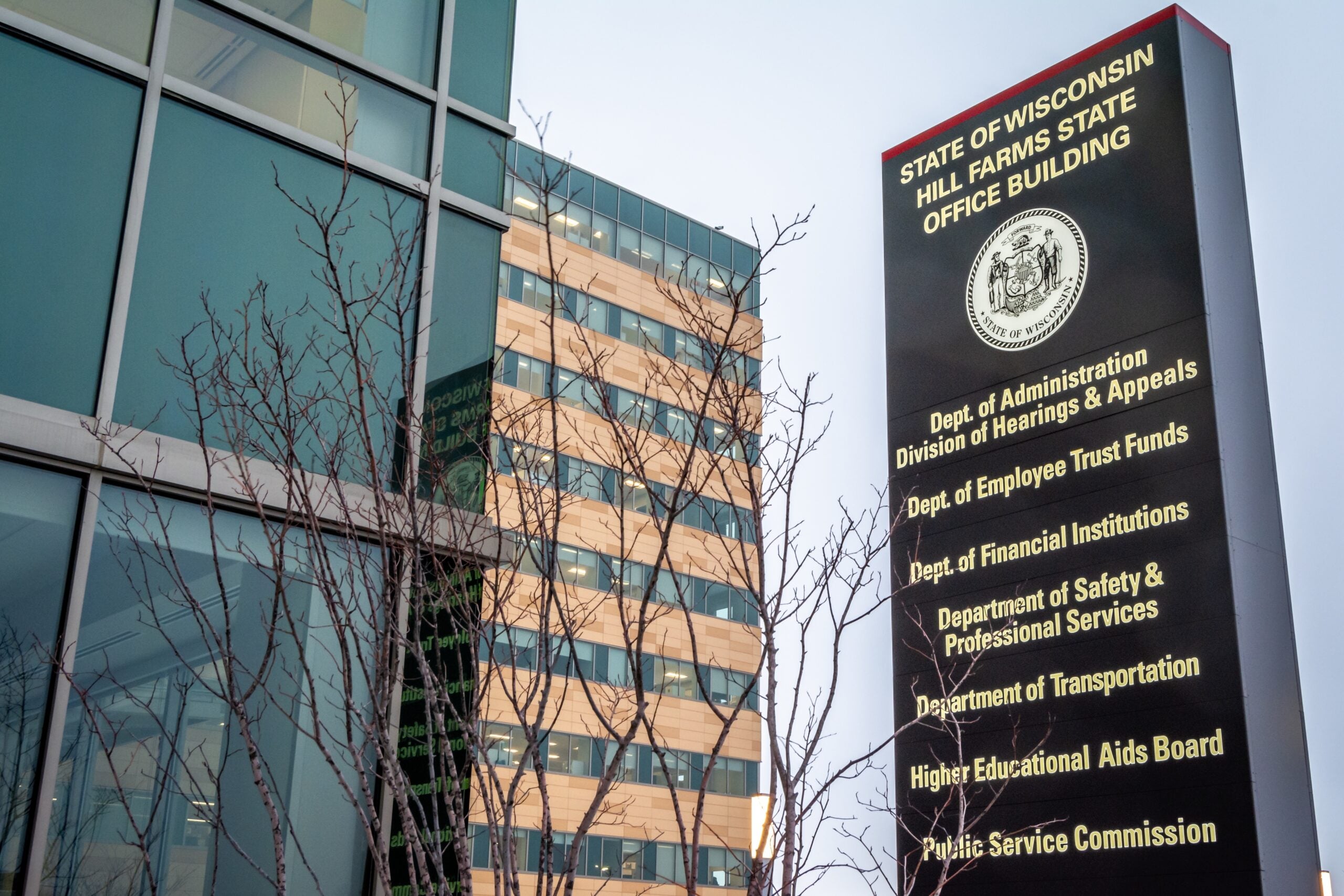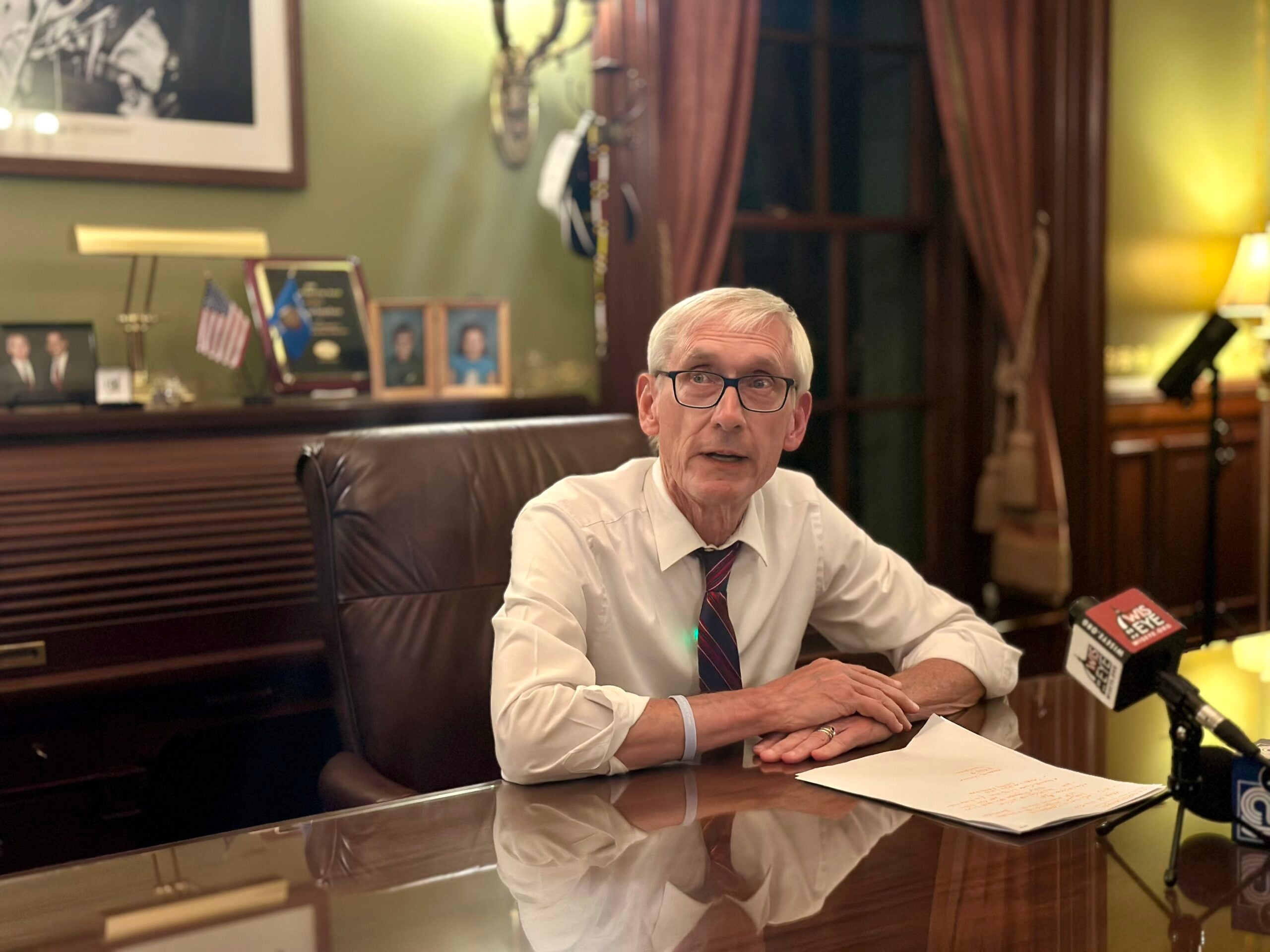State lawmakers sent a bill to Gov. Tony Evers’ desk Tuesday that would spend more than a half-billion dollars in public funding on upgrades to the Milwaukee Brewers’ stadium, a move that aims to keep the team in Wisconsin until at least 2050.
Shortly after the stadium plan cleared both houses of the Legislature, Evers announced that he would sign it.
In an era when the governor and Republican lawmakers have regularly been at odds on major issues, the Brewers deal was about as bipartisan as it gets. Senators approved the plan on a 19-14 vote Tuesday, with eight Democrats joining 11 Republicans to support the bill. Without support from both parties, the deal would have fallen apart.
News with a little more humanity
WPR’s “Wisconsin Today” newsletter keeps you connected to the state you love without feeling overwhelmed. No paywall. No agenda. No corporate filter.
During a debate in the Senate Tuesday, backers said the deal would ensure that a Wisconsin institution remains in the state with a limited cost to taxpayers, arguing that the ongoing revenue from the Brewers made the agreement an easy call.
“This is a good deal for baseball fans, a good deal for taxpayers and a good deal for the state of Wisconsin,” said Sen. Dan Feyen, R-Fond du Lac.
But the plan also drew bipartisan opposition from lawmakers who argued the government was handing too much to a professional baseball team that could afford to fund more of the stadium costs on its own.
“The Brewers have decided that they need additional cash, and we are falling for that,” said Sen. Chris Larson, D-Milwaukee, who voted against the plan. “This is a trick that is unfortunately pulled by Major League Baseball around the country.”
For the state of Wisconsin, the Brewers deal marks the second time in less than a decade that taxpayers have chipped in for the cost of a stadium, though the public’s share of the costs were higher in this deal than they were the last time around.
In 2015, lawmakers and then-Republican Gov. Scott Walker negotiated a deal for a new arena for the Milwaukee Bucks that called for $250 million in private funds and $250 million from taxpayers.
GOP senators amended the Brewers plan as they worked to secure a combination of Republican and Democratic votes, spelling out details for a new ticket surcharge and expanding a newly-created stadium district board.
The ticket surcharge, which would cover non-Brewers events like concerts, would start at $2 in 2024 and step its way up to $4 by 2042 for most tickets. For luxury boxes, the surcharge would start at $8 and work its way up to $10 by 2042.
The stadium district board would be increased to 13 members, up from nine in a previous version of the bill. Seven of those members — a majority — would be appointed by the governor and not subject to confirmation by the state Senate.
The state would spend about $387 million under the deal according to the latest summary by the Legislature’s nonpartisan budget office. That contribution could go down to $366 million depending on how much is generated by the new ticket surcharge.
The city of Milwaukee and Milwaukee County would pay a combined $135 million under the Senate plan. The team’s contribution would be about $110 million.
Rick Schlesinger, the president of business operations for the Milwaukee Brewers, praised the Senate’s action in a written statement.
“This vote by a bipartisan majority of the State Senate is a historic moment, not only allowing the Stadium District to meet its obligations to maintain the ballpark but paving the way for the Brewers to remain in Wisconsin for the next generation,” Schlesinger said.
Milwaukee Mayor Cavalier Johnson also praised the deal, saying the city and county costs would be limited to an administrative fee associated with the new local sales tax.
“What that means is no negative impacts will be felt in future city budgets and no loss of shared revenue as a result of the stadium deal,” Johnson said.
After the Senate passed the plan Tuesday, the Assembly agreed to the changes on a bipartisan 72-26 vote. Assembly lawmakers passed a similar version of the deal last month that, likewise, would have failed without support from Democrats.
Evers, who offered up his own version of a Brewers deal earlier this year, issued a statement announcing he’d sign it shortly after the plan cleared both houses of the Legislature.
“For decades, the Brewers have been a cherished part of our state’s heritage and an essential part of Milwaukee’s and our state’s economic success. And after months of hard work, I’m proud to say we’re going to be keeping the Brewers in Milwaukee,” Evers said.

The latest Brewers deal comes more than two decades after the team played its first game in what was then known as Miller Park, which was renamed American Family Field in 2021.
The stadium was itself a product of another legislative deal, passed roughly 28 years ago, to keep the Brewers from leaving Wisconsin. That agreement passed the Senate by a single vote in 1995, and cost one lawmaker, Racine Republican George Petak, his state Senate seat.
While the latest deal is designed to keep the team in Wisconsin for another 27 years, critics argued that the state didn’t get enough assurances, or concessions, from the Brewers.
Sen. Robert Cowles, R-Green Bay, who voted against the plan, said it should have included a review of the Brewers’ finances by the nonpartisan Legislative Audit Bureau.
“Why is that audit not in front of us?” Cowles said. “It should be the first thing to help guide us through the dilemma of this bill.”
Sen. Tim Carpenter, D-Milwaukee, told colleagues that the combination of an audit and a larger contribution from the team could have won his vote. Instead, he voted against it, warning it set the state up for another subsidy debate in the near future.
“The Brewers will be back here around 2035 saying this ballpark is inadequate, outdated, and we want a brand new $1.5 billion stadium,” Carpenter said. “And the sad part is the individuals who put together this package … what they’ve done is continue the deception of what’s going to happen to taxpayers.”
But Senate Minority Leader Melissa Agard, D-Madison, who supported the plan, argued lawmakers made it better by reducing the state’s contribution and increasing the team’s compared to the version that passed the Assembly. The plan would include future audits biennial audits of the Brewers park district, she noted. And, most notably, it would result in the Brewers staying put for years to come.
“At this moment, state and local governments across the country are spending public dollars on sports franchises,” Agard said during a speech on the Senate floor. “We can debate the merits of this choice as a matter of public policy. But in an era where literally everyone is doing this type of bidding, we can’t risk losing out on our home crew.”
Wisconsin Public Radio, © Copyright 2026, Board of Regents of the University of Wisconsin System and Wisconsin Educational Communications Board.

